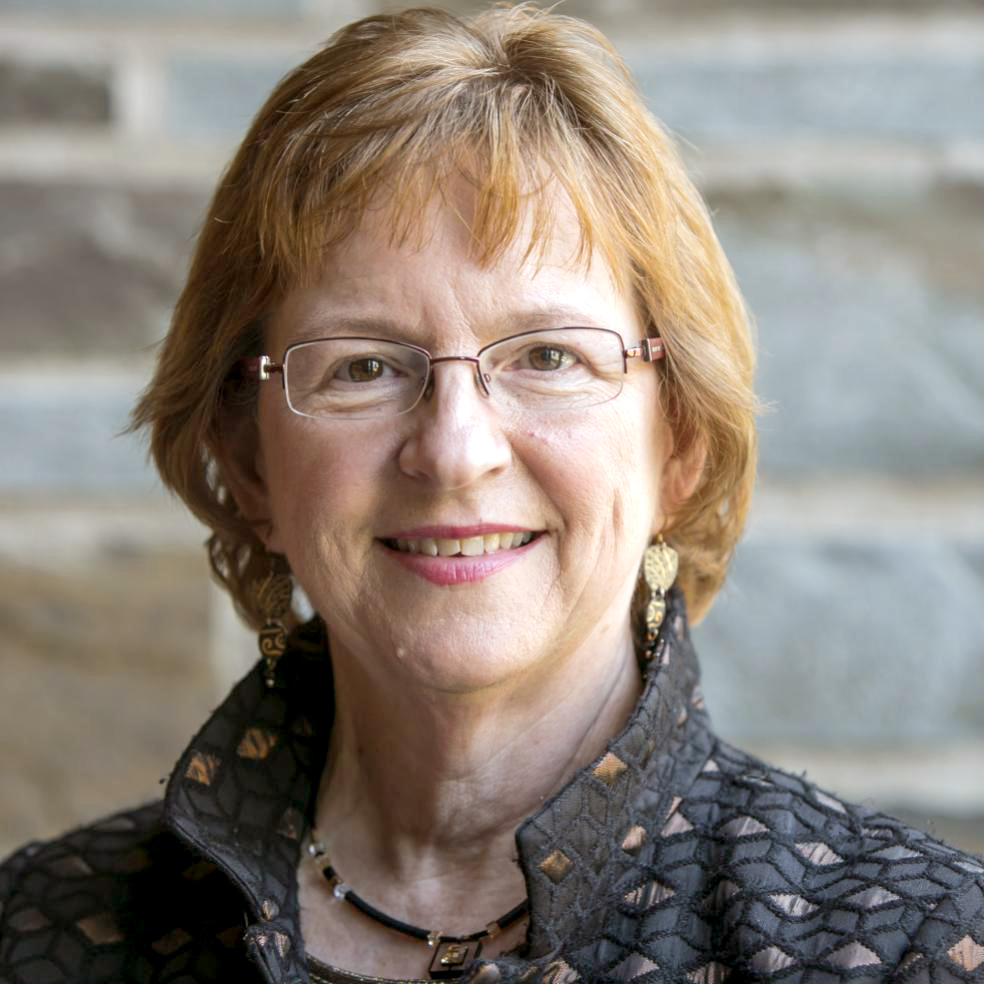This website uses cookies
We use cookies to ensure that we give you the best experience on our website. If you continue to use this site we will assume that you are happy with it.
Through her work with the Civil Justice Research Initiative at Berkeley, Valerie Hans has co-authored a white paper that has just been released: “The Civil Jury: Reviving an American Institution.” The paper examines the reasons behind the decline of the civil jury, discusses the many benefits of the institution, and offers research-based recommendations for reviving it.

Valerie Hans
Hans, the Charles F. Rechlin Professor of Law at Cornell Law School, is one of the nation’s leading authorities on the jury system. She co-authored the new white paper on the civil jury with Richard Jolly, associate professor of law at Southwestern Law School; and Robert Peck, president of the Center for Constitutional Litigation.
In their paper, the authors observe that the civil jury has been a significant institution within the country’s social and constitutional structure, but that its role has been eroded by legal, political, and practical attacks, including the unique constraints imposed by the COVID-19 pandemic. The majority of civil disputes are now resolved not by lay juries but through private and publicly funded settlement and arbitration proceedings. The result, they say, is “a tragic loss of the demonstrable sociopolitical benefits of jury service.”
They go on to examine the history and decline of the civil jury and to present research-based proposals for its revival. To remove barriers to civil jury trials, they recommend adopting a jury-trail default rule; removing artificial caps on damages, which undermine the availability of jury trials to those who face litigation costs that will exceed the potential recovery; and expanding the use of alternative procedural tracks, such as expedited jury trial projects.
Citing research that indicates more robust fact-finding among juries that are diverse, large, and actively engaging with the information presented at trial, the authors also recommend modifying jury selection procedures to ensure the fullest possible community representation; returning to twelve-person civil juries as opposed to the frequently used six- or eight-person ones; and allowing jurors to take notes, ask questions, and engage in trial discussions.
Hans, Jolly, and Peck conclude, “The jury provides unique benefits to the administration of justice, the legitimacy of the court, and society writ large that cannot be recreated by judges, administrative systems, or private arbiters. Deliberate action must be taken to ensure that the promise of the Seventh Amendment is maintained, and that lay judicial participation is restored to its central role in our judiciary, our democratic spirit, and our governance structure.”